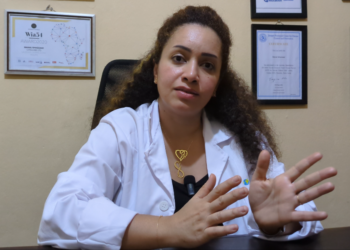Women were at the forefront of celebrations in support of the September 5, 2021 coup in Guinea. For many, it offered a fresh opportunity for justice for victims of rights violations in over a decade of turmoil in the country.
A notable incident is the September 28, 2009 Stadium Massacre in the capital, Conakry. According to human rights campaigners, over 150 people died in that incident when security forces opened fire at demonstrators calling for then junta leader Captain Mousa Dadis Camara not to break his promise of not contesting the 2010 election. Scores of women were brutalized and raped. The Alpha Conde regime, despite taking some initial measures, failed to prosecute suspected perpetrators. Some Guineans want the new junta to fulfil this decade long desire. But seven months after the coup, what are the prospects for this happening? What do women even think about the transition process?
These are among questions we put to gender activist Fatou Souare Hann, Executive Director of WAfrica, in our third video report on the political situation in the country. WAfrica is an NGO with the mission to promote the socio-economic well-being of women, young girls and vulnerable people in Guinea. The NGO is also a member of GRIF – Groupe de Reflexion et d’Influence des Femmes – which is a Think Tank and an influential group for women. It specifically seeks to promote women’s inclusion in West Africa through reflection, action and networking. Mrs Hann speaks about the concerns of Guinean women in the ongoing transition process and longstanding issues emanating from nearly 15 years of political upheaval in the country.





















